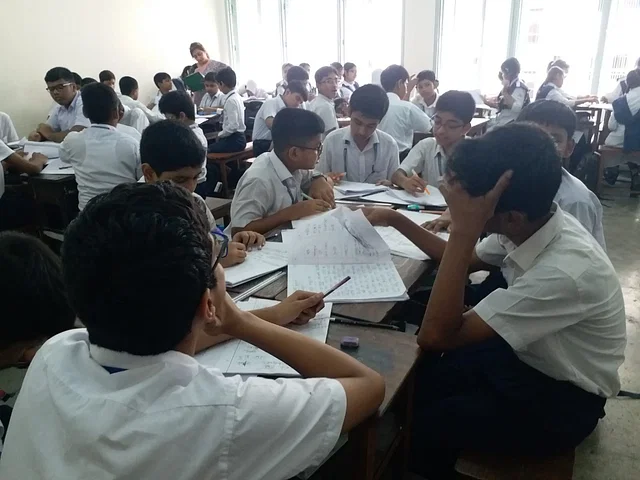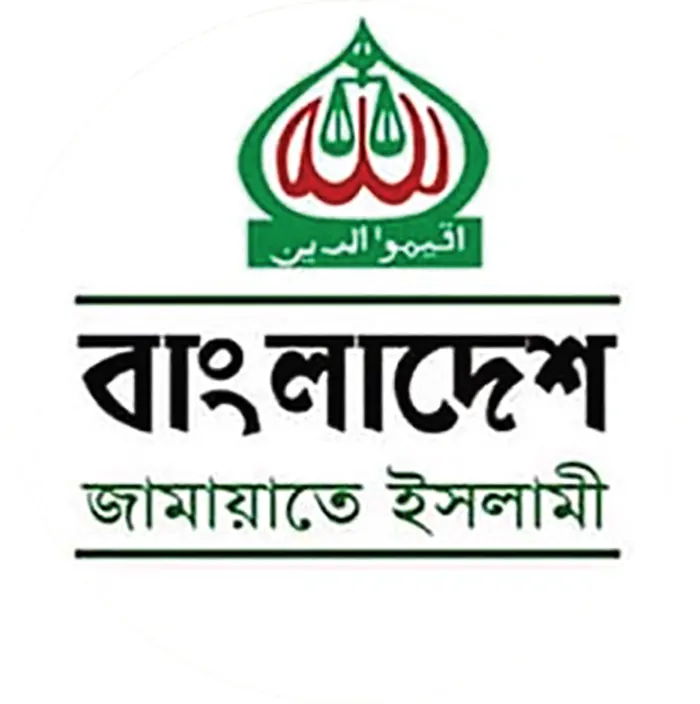According to the new curriculum implemented this year, the division into streams (Science, Humanities, Business Studies, etc.) was removed for the ninth grade. However, the interim government has decided to reintroduce these divisions in secondary education, reversing many aspects of the new curriculum, including this change. Additionally, many elements from the 2012 curriculum are being reinstated. Under the new decision, students who will enter the ninth grade next year will follow the old curriculum with revised textbooks based on clusters (used in the 2023 academic year). They will complete their syllabus over two academic years, ninth and tenth grades, and take the SSC and equivalent examinations in 2027.
The Ministry of Education announced various decisions regarding the curriculum and textbooks through a circular issued today, Sunday.
The circular also mentions that the new curriculum has become insignificant. It states that the National Curriculum 2022 has been found impractical due to various ground-level experiences and feedback from stakeholders, research, and survey data. The implementation of this curriculum faced multiple challenges, including a lack of necessary preparation among teachers, ambiguities and negative perceptions about the content and assessment methods, and significant institutional capacity constraints. These factors have made the curriculum appear unfeasible, leading to these new instructions.
At the beginning of last year, the new curriculum was introduced for grades one, six, and seven. This year (2024), it was expanded to four more grades: two, three, eight, and nine. According to the previous plan, the new curriculum was to be implemented across all secondary grades next year for grades four, five, and ten, and then for grades eleven in 2026 and twelve in 2027. The new curriculum included significant changes, especially in terms of evaluation.
One of the major changes was the removal of the division into streams at the secondary level from this year. Under the new system, all students were to study 10 common subjects until the tenth grade. Previously, all students studied common subjects up to the eighth grade, after which they were divided into Science, Humanities, and Business Studies in the ninth grade, alongside some compulsory and specialized cluster-based subjects. If this had been implemented, the SSC exam would have been based solely on the tenth-grade syllabus. However, under the new decision, the SSC exam will now be based on the syllabus for both ninth and tenth grades, as per the old curriculum.
Changes Following the Departure of the Hasina Government and Interim Government’s Formation
Following the departure of Sheikh Hasina’s government through a mass student movement, an interim government was formed on August 8. Since then, discussions have been ongoing about excluding or altering various aspects of the new curriculum. The Ministry of Education has now issued a circular to clarify the government’s stance on these matters.
What Happens to the Current Ninth-Grade Students Under the New Curriculum?
Students currently in the ninth grade will move to the tenth grade in January. According to the circular, for the SSC and equivalent examinations of 2026 (to be held in 2026), students who pass the tenth grade in 2025 will be provided with revised and modified textbooks (used in 2023) based on the 2012 curriculum for Science, Humanities, and Business Studies. A condensed syllabus will be created for these stream-based textbooks so that students can complete it within one academic year. In simpler terms, students currently in the ninth grade will also take their SSC exams based on the stream divisions. Their teaching and evaluation methods will follow the National Curriculum 2012, meaning the exams will be conducted in the same manner as they have been.
No More Midterm Evaluations
For the remainder of the year and the annual exams, students in grades six, seven, eight, and nine will be evaluated using a revised and modified assessment method. It is noted that the remaining six subject-based assessments for each grade from six to nine, which were scheduled to be completed within the designated timeframe, will no longer be conducted. This means that the remaining midterm or half-yearly evaluations will not take place. The annual exams for grades six through nine will be held in December this year based on a revised and modified assessment framework, which will soon be sent to schools.
Primary Education Textbooks
The Ministry of Education has decided to print revised and modified manuscripts of textbooks for fourth and fifth grades, maintaining continuity with pre-primary, ethnic minority, and first, second, and third-grade textbooks at the primary education level. Necessary changes will be made in the teaching methods and evaluation processes, closely aligning with the evaluation methods of the National Curriculum 2012, meaning that exams will be prioritized.
The circular states that with the cooperation of educators, curriculum specialists, evaluation experts, relevant subject experts, education administrators, representatives from civil society, and parents, a revised curriculum will be finalized in 2025, which will be fully implemented starting in 2026.









